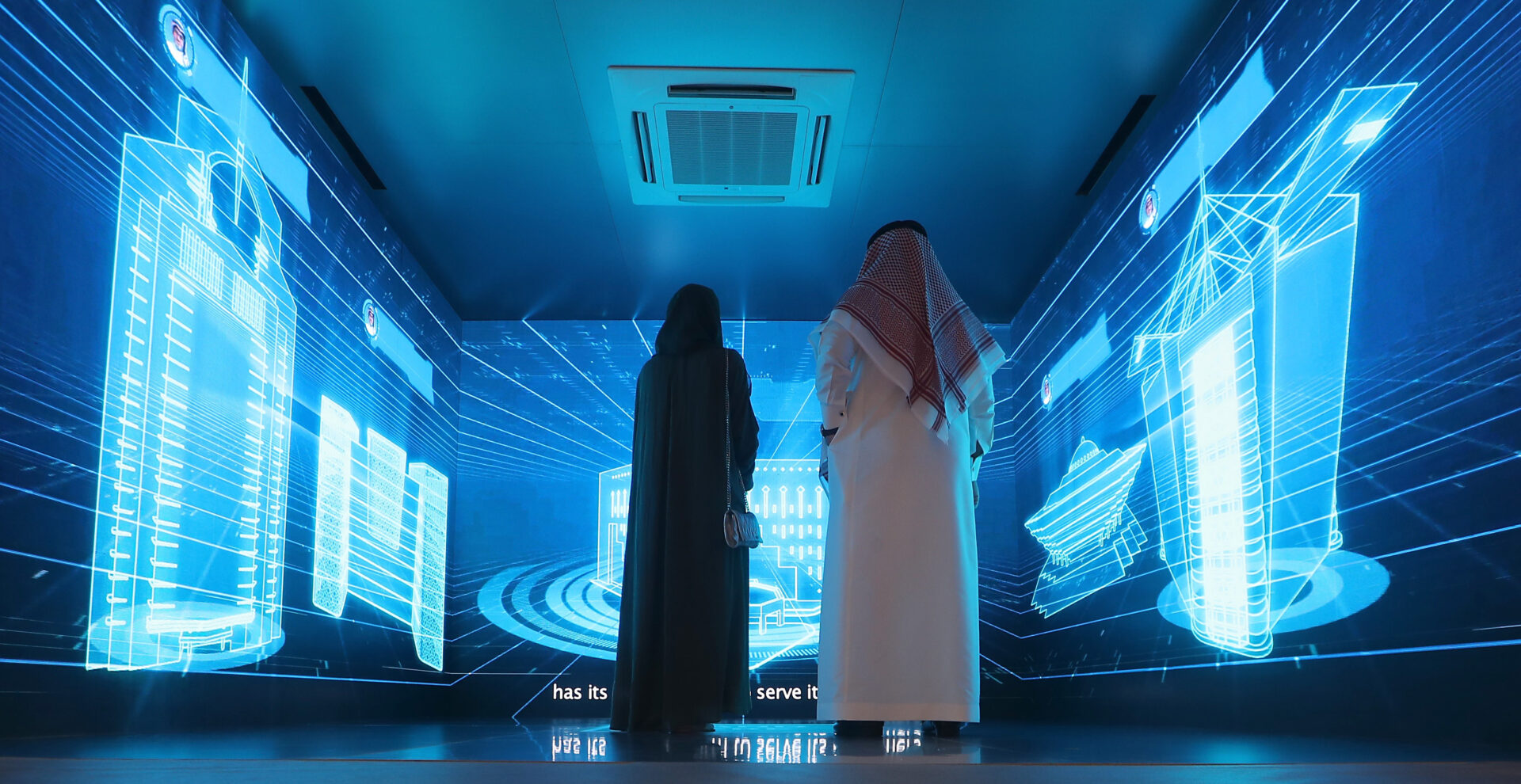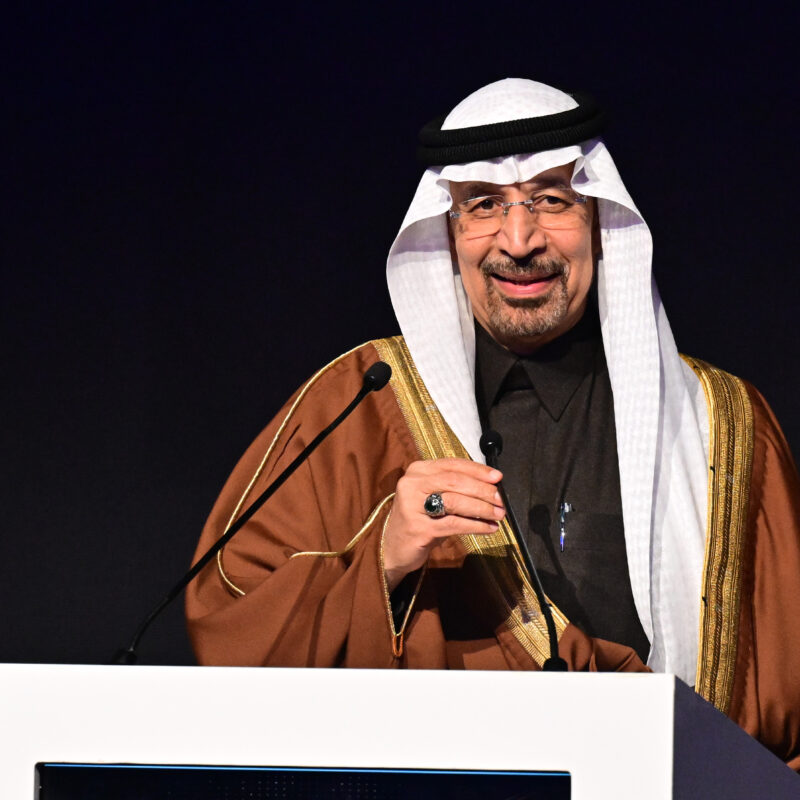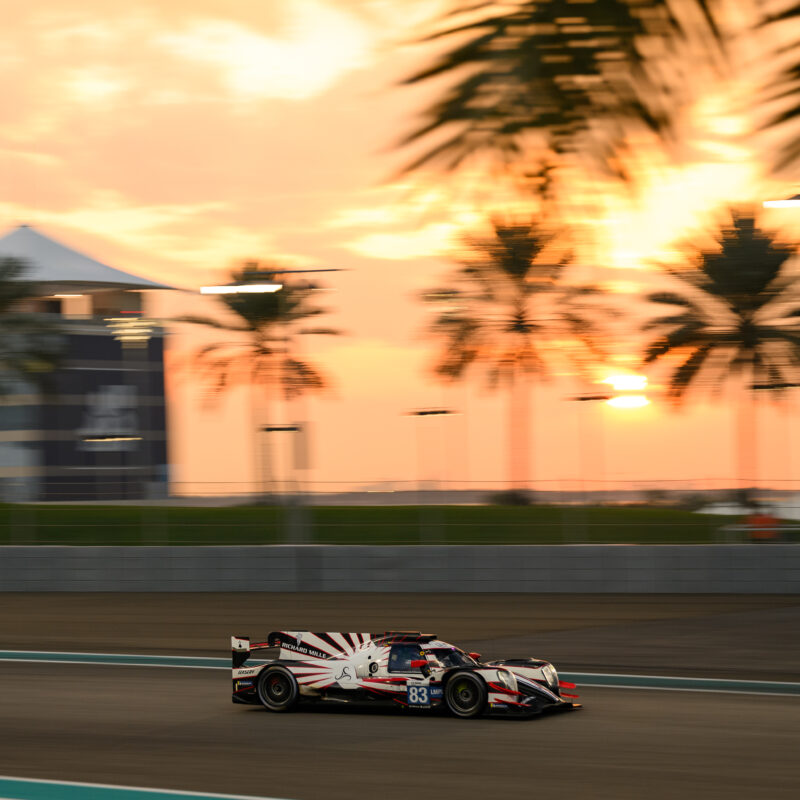
Gulf venture financing held steady in 2023 amid cash drought in U.S., Europe, Israel
Saudi Arabia, home to the most active investors, leads funding across MENA region as kingdom lures startups from elsewhere
ABU DHABI, United Arab Emirates – Saudi Arabia has come out on top in a final reckoning of venture capital activity in 2023, as the kingdom continues to lure startups from innovative competitors in the Middle East and Africa.
Including debt financing deals, which propped up much of the deal activity last year, investment in Saudi Arabia-based startups grew 160%, while debt-free investment rose 48% compared to 2022, according to a new report from UAE startup platform Wamda.
“Debt financing typically rises when investors become hesitant and, given what is happening both globally and regionally, I expect it to grow this year too,” Triska Hamid, editorial director at Wamda, told The Circuit.
Gulf investors poured a steady flow of cash last year into tech companies, bucking the global pullback from startup funding in the midst of economic slowdown and regional conflicts. Financing from the MENA region rose 1% to about $4 billion in 2023. By contrast, seed funds for startups plunged 60% in Israel, 44% across Europe and 30% in the U.S.
Look at how capital was raised in MENA more broadly and it’s a less rosy picture: nearly half of total fundraising came through debt financing in 2023. Equity accounted for $2.2 billion across 488 deals, down 36% from the $3.45 billion raised in 2022 and a steep decline from the nearly 800 deals done last year, according to Wamda.
Still, this year begins on an upswing as the total amount raised by start-ups in the region in December stood at $456 million. That excludes the major $700 million Tabby debt deal with J.P. Morgan, an 18% jump from November and a 253% leap compared to a year ago. Most of the action was concentrated in Saudi Arabia and the UAE.
Fintech has attracted most of the funding in the region over the last few years, and that trend has continued: startups developing tools in financial services have accounted for over half of the total amount raised, including debt. However, this was down to two companies: “Buy now, pay later” players Tabby and Tamara, which together raised over $2 billion in debt and equity. They accounted for just over half of the $4 billion raised last year.
Early-stage investor Flat6Labs, which has a presence across MENA in Cairo, Jeddah, Abu Dhabi, Beirut, Tunis, Bahrain and Amman, was the most active investor last year. U.S. VC fund 500 Global, whose COO Courtney Powell has relocated to Riyadh, was the runner-up.
Other trends to watch in the year ahead: 2023 was another dismal year for female founders. Out of the 583 startups that raised funding, just 52 were founded by women, who collectively raised less than $19 million, or less than half a percent of the total.
Egypt has been struggling since the war began in Ukraine, on which it relies heavily on grain imports. Its currency has been devalued, the economy is struggling and several of its startups have relocated their headquarters to Saudi Arabia. The number of startups that managed to raise investment in 2023 halved compared to the year prior.
Early-stage Israeli tech startups raised $7.3 billion in 2023, the lowest level of seed financing since 2018. The Tel Aviv-based Start-Up Nation Policy Institute, which published the annual survey, attributed the drop to three factors: the global economic slowdown, Israel’s internal conflict over changing its judicial system and the Gaza war.


